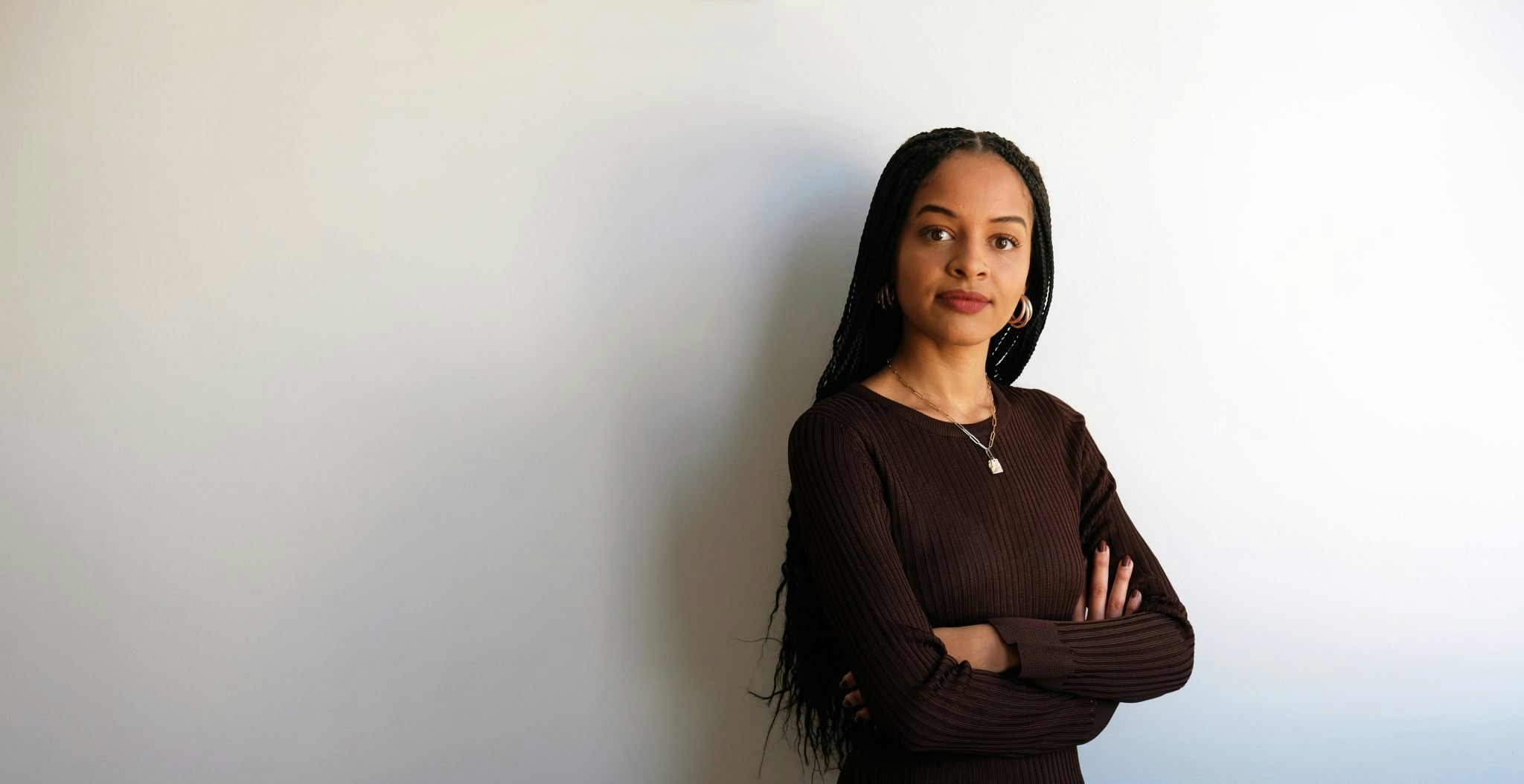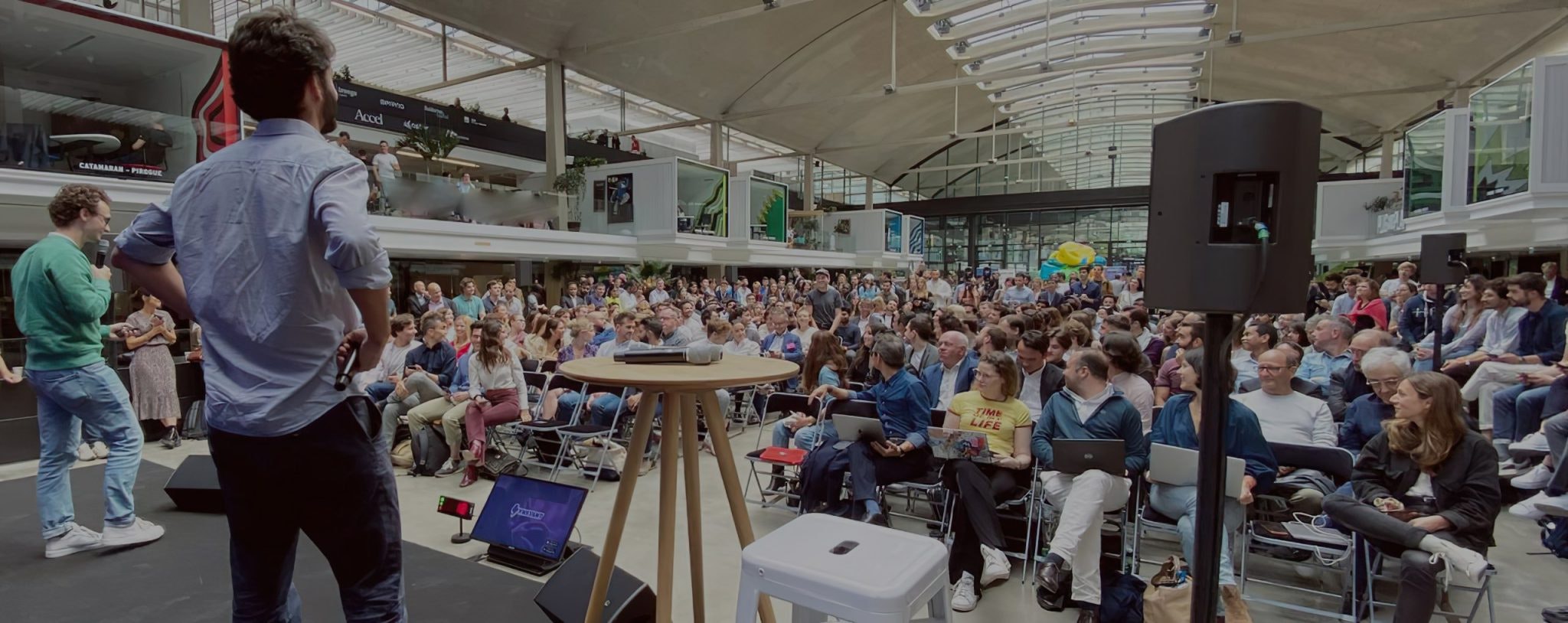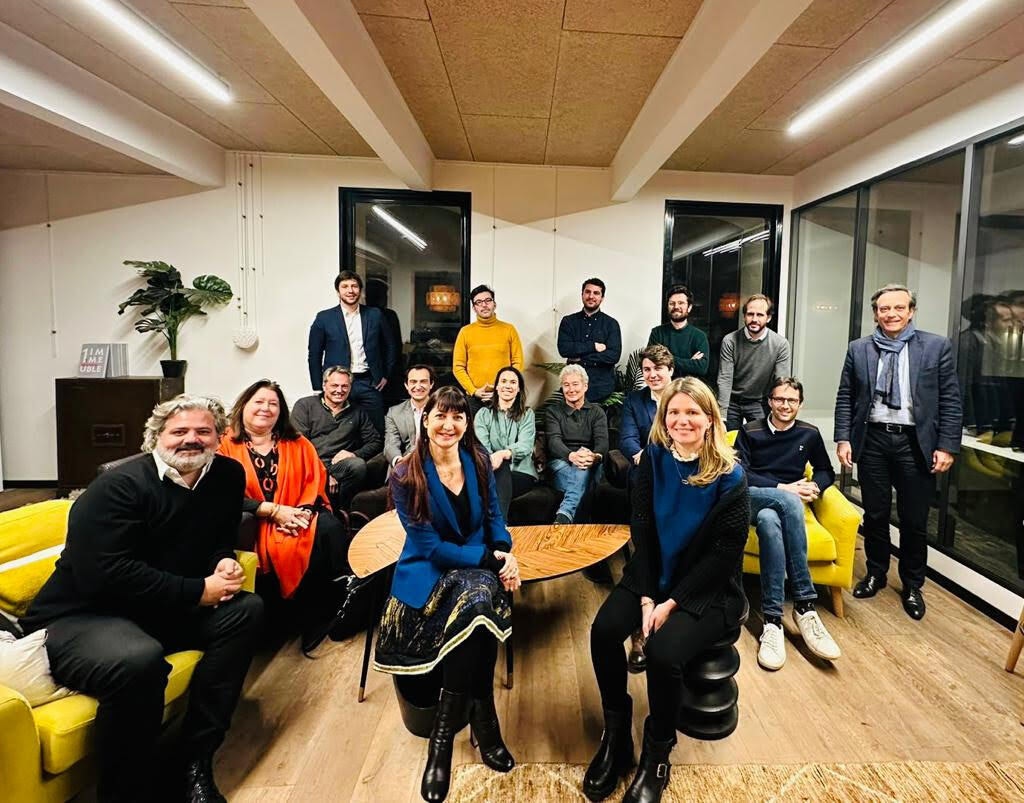Researching and teaching sustainability is high on business schools’ strategic agendas. At the same time, startups are struggling with measurement, reporting, definitions, action and strategy — and the path to net zero.
We looked into how sustainability is currently taught at business schools, how it’s changing and what it should grow into so that Europe’s startups can achieve their sustainability goals.
Founders want more
For Laurence Lehmann-Ortega, professor of strategy and business policy at HEC Paris, companies struggle to measure environmental and social aspects because there’s a lack of standardisation.
“In finance, we've been building the standards for the past 70 years or so,” she says. “So there are no clear standards to measure ESG and I'm not sure we'll get to very clear standards in the near future — the only common metric we’ve got now is measuring carbon emissions.”
It can be reductionist to measure just carbon emissions — metrics should be more industry and product-specific. For example, if your product is going to have a big impact on biodiversity because it's in the agricultural space, it's crucial to think about biodiversity first instead of carbon and the associated human rights challenges around agricultural commodities.
The only common metric we’ve got now is measuring carbon emissions
That’s where business schools could come in.
For Prateek Mahalwar, founder of Bioweg — a startup producing bio-based ingredients to replace microplastics in personal care and food products — sustainability should be taught at business schools with one part focusing on what sustainability means in the broadest sense, and the second part focusing on quantification.
He says that discussing case studies tackling different aspects of sustainability such as energy or the use of raw materials is key for students to understand how sustainability works in the real world of business. It’s especially important to understand how startups can adhere to the new laws and regulations around sustainability such as the plastic packaging regulation, he adds.
Bioweg had MBA students working with its team through the Creative Destruction Lab (CDL), a programme at HEC Paris that allows management students to work directly with companies, helping them develop financial models, evaluate potential markets and fine-tune their strategies.
“It’s a win-win — for the startup as well as for the student, not only in terms of exchanging knowledge or doing something practical, but also from the angle that there is a possibility for startup founders to hire them or get into the ESOP pool,” Mahalwar says.
A to ESG
As well as experiential learning through programmes like CDL, HEC Paris teaches sustainability as part of its strategy and entrepreneurship programmes.
Lehmann-Ortega says that there are two ways that sustainability is taught as part of strategy in theory. The first is how a business can adapt and rethink their business model to be more sustainable, and the second is advanced strategy which is about being “more proactive and coming up with a new business model”.
She says that there’s also differences in how different subjects address the topic of sustainability. “For an accounting professor, it’s about how carbon emissions can be measured and measuring the environmental and social impact of the organisation; for finance professors, it’s about how to finance it; and for marketing, it’s about how to educate your customer to think about it.”
Other business schools are also encouraging students to take part in environmentally and socially relevant initiatives.
For example, during the first year of their MBA at the University of Pretoria’s Gordon Institute of Business Science (GIBS) in South Africa, students are required to work with local non-profit organisations on community projects that tackle social problems.
A shift in mindset
Fabien Koutchekian was part of the CDL programme and is the cofounder of Genomines, a biotech that enhances the natural ability of plants to absorb metals. For him, teaching sustainability is primarily about tackling misinformation in the sector and for entrepreneurs to be more involved in the space of regulations and policy making.
“There’s this mentality now that we are doomed and nothing will save us from what the previous generation has done to the environment. But I don’t believe this — we have to fight, we have to create startups, create innovation and change the regulatory environment, to spur innovation and research in the field,” he says.
For Lehmann-Ortega, sustainability is here to stay in business schools.
“We don’t need standalone courses about sustainability — this doesn't make any sense anymore. Every single course should have it — it’s about how you adapt the curriculum to the current shift that’s going on in the world,” she says.
“This reminds me of what happened 10 to 15 years ago with the shift to digital. We all had to integrate classes about digital marketing and so on, and now you can't teach marketing anymore without digital.”
Mahalwar agrees, adding that sustainability isn't dismissed as a passing fad anymore — it’s part of the core business in both startups and corporates. “Companies are paying attention to whole supply chains and committing at every level to look into carbon emissions, ESG goals and so on.
“This creates a need for future hires to have knowledge in that area, and not only people who go into businesses with impact at their core, but also in other areas such as finance, strategy, product and procurement.”
At any given time, there are about a million green startups exploring new energy solutions. As of 2023, there are also at least 13k large and medium-sized companies in Europe transitioning towards more sustainable operations.
This has to come from students, because they are the future of politics, the future of innovation and the future leaders
“There hasn’t been a single moment in the history of mankind where there were so many brains solving the same issue at the same time. It needs to keep going and we need to put in the work to find solutions,” says Koutchekian.
“More capital is needed and politicians have to create policies that stimulate the economy along with taxing polluting activity and so on — and this has to come from students, because they are the future of politics, the future of innovation and the future leaders.”




